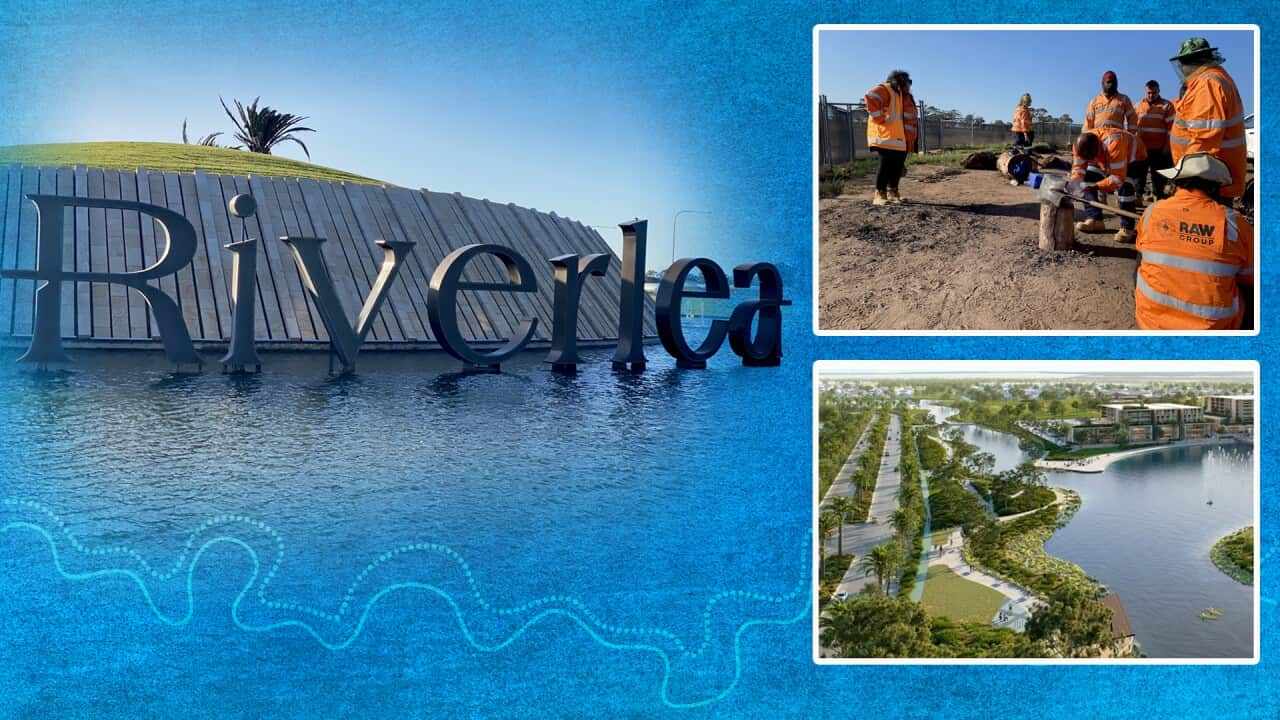A Traditional Owner has successfully challenged in the Federal Court Woodside Energy's plan to begin seismic blasting off northern Western Australia as part of its Scarborough Gas Project.
Traditional custodian Raelene Cooper, a Mardudhunera woman, filed for a judicial review in August of the regulator's decision to approve Woodside's blasting plan, arguing the National Offshore Petroleum Safety and Environmental Management Authority (NOPSEMA) made a legal error.
On Thursday, Federal Court Justice Craig Colvin agreed.
Despite finding Woodside's legally required consultation with First Nations stakeholders was inadequate, NOPSEMA gave approval for the seismic blasting on July 31, attaching a condition that further consultation needed to be carried out before blasting began.
Justice Colvin found NOPSEMA had erred because the consultation should have been carried out before the approval was granted and set aside the regulator's decision.

Josie Alec and Raelene Cooper have fought against the Perdaman project since it was proposed. Source: Supplied
On September 14 Justice Colvin granted an urgent interlocutory injunction preventing Woodside from starting blasting until Thursday.
Seismic testing involves ships towing special airguns that blast compressed air, creating pulses of sound.
This sound energy is directed at the sea floor and penetrates underlying rock layers, with the sound patterns recorded used to build a picture of geological layers, and oil and gas reserves, beneath the seabed.
According to the Environmental Defender's Office, which is representing Ms Cooper, the impacts of seismic blasting on marine animals such as whales can include damage to their hearing and their ability to communicate, stress, displacement from habitat, physical injuries and death.
Woodside argued that the ongoing delay to starting its seismic survey is causing significant costs.
The massive Scarborough field is located about 375km off WA's northwest coast.
The gas project will be connected to new offshore facilities by a 430km pipeline to the onshore Pluto liquid natural gas facility, near Karratha.
The project's development phase will include the installation of a floating production unit with eight wells drilled initially, and 13 wells across the life of the gas field.
Woodside expects to process about five to eight million tonnes of gas a year.





